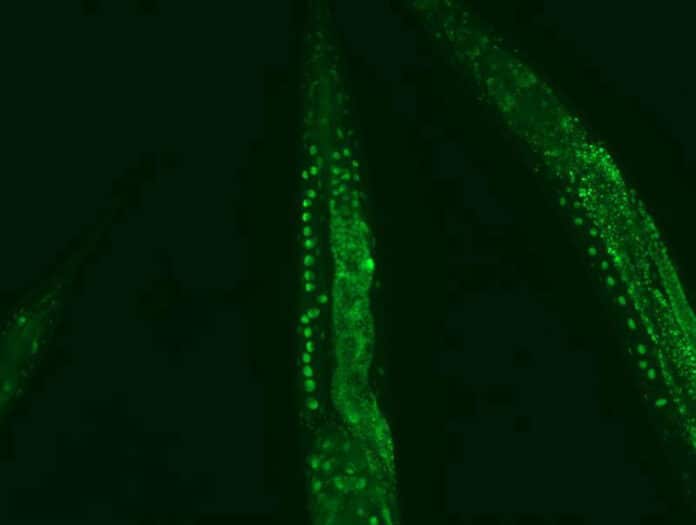Aging is the main risk factor for neurodegenerative diseases that entail protein aggregation. A deeper comprehension of cold-induced alterations may result in converging regulators of abnormal protein aggregation because reducing body temperature is one of the most efficient ways to lengthen lifespan in both poikilotherms and homeotherms.
In recent years, studies on different model organisms have already shown that life expectancy increases significantly when body temperature is lowered. However, precisely how these works has still been unclear in many areas. One accountable mechanism has now been discovered by a research team at the University of Cologne‘s CECAD Center of Excellence in Aging Research.
Scientists explored the impact of cold on the function of the cell’s proteasomes, eliminating damaged proteins. In both the nematode and the human cells, the study found that the proteasome activator PA28/PSME3 reduced the impairments brought on by aging. Both times, a slight drop in temperature was sufficient to trigger proteasome activity.
Moreover, cold-induced PA28γ/PSME-3 diminishes protein aggregation in C. elegans models of age-related diseases such as Huntington’s and amyotrophic lateral sclerosis. Notably, exposure of human cells to moderate cold temperature (36 °C) also activates trypsin-like activity through PA28γ/PSME3, reducing disease-related protein aggregation and neurodegeneration.
Professor Dr. David Vilchez said, “Taken together, these results show how over the course of evolution, the cold has preserved its influence on proteasome regulation – with therapeutic implications for aging and aging-associated diseases.”
“We believe that these results may be applied to other age-related neurodegenerative diseases as well as to other animal species.”
A significant discovery was that genetic overexpression of the activator could also increase proteasome activity. This way, disease-causing proteins can be removed even at 37 degrees Celsius core body temperature. These findings might point to potential treatment targets for disorders related to old age and aging.
Human body temperature varies gradually during the day and even drops to a cool 36 degrees while sleeping, however, an abrupt dip below 35 degrees causes hypothermia. Intriguingly, a prior study found that, during the Industrial Revolution, the average human body temperature decreased by 0.03 degrees Celsius every decade. This finding raises the possibility that the gradual rise in life expectancy over the past 160 years may be related to this trend.
Journal Reference:
- Lee, H.J., Alirzayeva, H., Koyuncu, S. et al. Cold temperature extends longevity and prevents disease-related protein aggregation through PA28γ-induced proteasomes. Nat Aging (2023). DOI: 10.1038/s43587-023-00383-4
